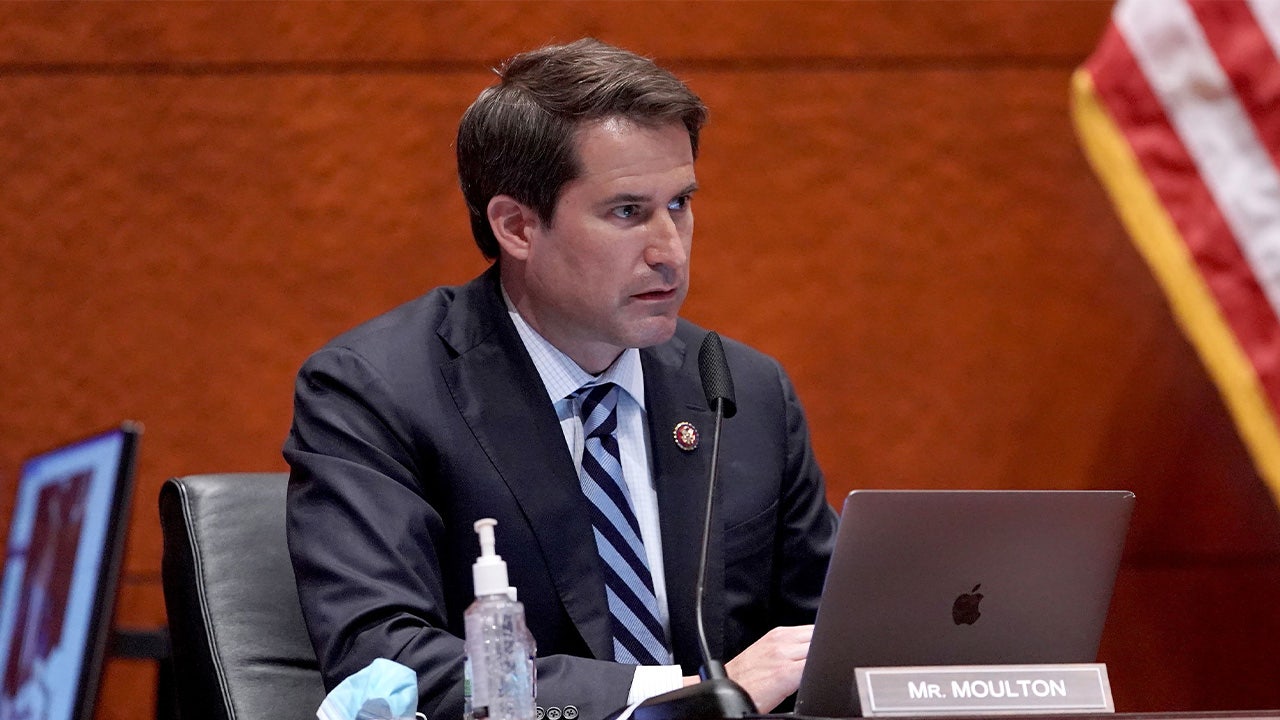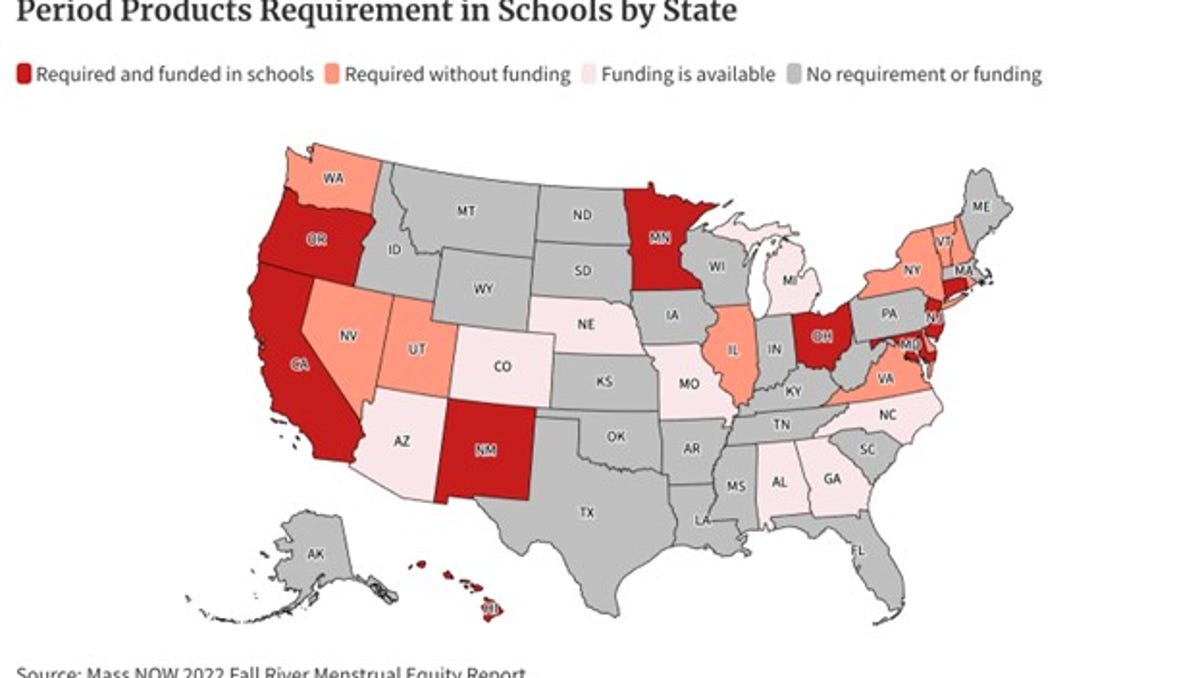Massachusetts
Jailed students in Massachusetts sue Department of Elementary and Secondary Education over special ed access

A group of jailed men have sued the state Department of Elementary and Secondary Education over special education access for incarcerated students.
The three men between 18 and 22 on Tuesday filed the class-action lawsuit against DESE for reportedly not providing special ed instruction and services in houses of correction — which they’re entitled to under state law.
“DESE’s failure to uphold its legal obligation to provide adequate education to incarcerated youth is unacceptable,” Phil Kassel of the Mental Health Legal Advisors Committee said in a statement.
“Every student, regardless of their circumstances, deserves access to a quality education that meets their individual needs,” Kassel added. ““We are committed to fighting for the rights of these vulnerable individuals and holding DESE accountable for its failures.”
The three men are being represented by the Mental Health Legal Advisors Committee and the EdLaw Project of the Committee for Public Counsel Services.
In the lawsuit, they’re arguing that DESE has failed to provide special ed services to incarcerated students with disabilities.
Instead of DESE directly providing services, the state department has reportedly delegated much of its responsibility to HOC staff and local school districts.
The plaintiffs are “being denied the full spectrum of instruction and services to which they are entitled under their IEP and/or state law,” reads the lawsuit filed in Middlesex Superior Court.
The three men who brought the suit are: a 21-year-old student incarcerated at the Norfolk County jail who attended Boston Public Schools; a 20-year-old student incarcerated at the Plymouth County HOC who attended Quincy Public Schools; and an 18-year-old student incarcerated at the Essex County jail, whose most recent IEP was developed by the Haverhill School District.
“We are very proud to be representing young people who are in incredibly difficult circumstances and are still fighting to access the education they’re entitled to and build their futures,” said Elizabeth Levitan of the EdLaw Project.
The plaintiffs in the suit are demanding that DESE implement an effective system for identifying and providing special ed services to incarcerated youth — and provide a minimum of 27.5 hours of weekly general curriculum instruction.
DESE did not immediately respond to comment on Tuesday.

Massachusetts
Massachusetts Democrat demands universities crack down on anti-Israel protests: 'Shut them down'

Rep. Seth Moulton, D-Mass., called for university leaders to shut down anti-Israel protests on college campuses, saying they had gone too far and threatened Jewish students’ safety.
The Democrat told NBC10 Boston that school leaders had a “responsibility” to shut down the protests for disrupting classes and making many Jewish students feel unsafe on campus.
“We live in a country that values freedom of speech,” Moulton told the local outlet. “But these protests in many cases have threatened the safety of Jewish students. They’ve completely disrupted the operation of universities, preventing all the other kids from being able to go to school. So, the universities have a right, and I would argue in this case, even a responsibility, to shut them down.”
“I was delighted to just see Harvard turn on the sprinklers the other day,” he added, speaking of his alma mater.
HOUSE DEMOCRATS TELL COLUMBIA UNIVERSITY ADMIN, ‘TIME FOR NEGOTIATION IS OVER’
In an interview, Rep. Seth Moulton, D-Mass., called for universities to shut down anti-Israel protests on college campuses. (GREG NASH/POOL/AFP via Getty Images)
Moulton argued there needed to be a balance between protecting protesters’ First Amendment rights and protecting the safety of Jewish students.
He said protesters “threatening other students” are a problem, but added that universities “have a right to take action.”
Moulton joins other Democrats who’ve begun pressuring universities to squash the disruptive protests.
Nearly two dozen House Democrats wrote a letter Monday urging Columbia University leadership to disband “the unauthorized and impermissible encampment of anti-Israel, anti-Jewish activists on campus.”
CLICK HERE FOR MORE COVERAGE OF MEDIA AND CULTURE

Columbia University, where students have set up what is being referred to as a Gaza Solidarity Encampment, is shown in New York on April 24, 2024. (Getty Images)
Later that morning, Columbia threatened to suspend students or issue other disciplinary measures if they didn’t clear their belongings from the encampments by the afternoon.
“If you do not identify yourself upon leaving and sign the form now, you will not be eligible to sign and complete the semester in good standing. If you do not leave by 2 p.m., you will be suspended pending further investigation,” it warned.
However, some progressive members of Congress visited Columbia on Friday in support of anti-Israel protesters.
CLICK HERE TO GET THE FOX NEWS APP
Massachusetts
Massachusetts Board of Elementary and Secondary Education meeting at Wellesley High on April 30 – The Swellesley Report

Members of the Board of Elementary and Secondary Education will meet at 9:30 a.m. on Tuesday, April 30 at Wellesley High School. The public is welcome to attend, though the meeting will also be streamed online.
Wellesley High gets the honor of hosting the meeting because the Board’s student rep, Ela Gardiner, is a Wellesley High student. According to Gardiner’s bio on the Board website, “Ela has been a trailblazer for young voices in Massachusetts advocacy, working with the Massachusetts Association of Student Representatives and the National Student Board Member Association.”
Meeting agenda:
Statements from the Public
Comments from the Chair
Comments from the Secretary
Comments from the Acting Commissioner
- Receiverships (Lawrence, Southbridge, Holyoke)
- Felix Commonwealth Virtual School
- Brockton
- FAFSA
- Perkins State Plan
Routine Business:
Approval of the Minutes of the March 26, 2024 Regular Meeting
Agenda Items:
- Welcome from Wellesley Public Schools
- Update on Commissioner Search — Discussion
- Update on the Safe Schools Program for LGBTQ Students (download) — Discussion
- Update on DESE’s Educational Vision
- Literacy Launch (download) — Discussion
- Early College (download) — Discussion
- Education Budget Update: House Ways and Means FY25 State Education Budget Recommendations (download) — Discussion
Other Items for Information:
- Report on Grants Approved by the Commissioner (download)
Please support your local news source
Massachusetts
MA advocate groups are calling legislators to ensure equal access to menstrual products

When women and girls don’t have access to menstrual products, they have to “just bleed and pray” that their pants will hold. Many in Massachusetts are forced to use toilet paper as a substitute for period products.
“I think it’s a matter of dignity and allowing menstruators to have the option to not have to free bleed or just giving them that bodily autonomy of how they want to deal with their periods,” said Olivia Toscano, the community organizing co-op of the Massachusetts chapter of the National Organization for Women.
Advocacy groups in Massachusetts such as MassNOW are calling on House lawmakers to pass the I AM bill, to ensure access to free menstrual products, without stigma, to all women and girls in all public schools, homeless shelters, prisons, and county jails.
“It’s about making sure that these products which are part of health care, which a part of our life, are available,” said Sen. Robyn Kennedy, D-Worcester, one of the sponsors of the bill.” “It’s a basic need that all menstruating individuals have. And it’s about making sure that those products for that care are available to all individuals to help break down the disparities.”
How much spent on feminine hygiene products?
The average woman spends about $20 on feminine hygiene products per cycle, adding up to about $18,000 over a lifetime, according to estimates from the National Organization of Women.
“It costs a lot to buy these products,” said Toscano. “There are menstruators out there who have to choose between food, rent, and menstrual products. That’s not a choice that should have to be made. I think we need to stop looking at it as a luxury; it’s a necessity.”
In October, the Senate passed the I AM bill, originally introduced in 2019, but it has not yet been passed in the House.
Kate Barker Swindell, Service & Operations Manager of PERIOD. said Massachusetts has done some work, but it could do better.
The Alliance for Period Supplies reports that Massachusetts is considering nine bills related to menstrual access, while New Jersey leads with a total of 24 bills.
Rep. Natalie Higgins, D-Leominster, said the bill is “critical” because menstrual products are essential, but they are too expensive for many, especially those in schools, prisons, and shelters.
“I think I AM Bill really focuses on some of the places where institutionally there can be access issues. So starting with our schools, starting with our shelters, and starting with our jails and prisons, makes a lot of sense,” she said.
Kyla Speizer, the community organizer of MassNOW, said the measure is the first in the country to call for providing free menstrual products for all three places: schools, shelters and jails.
“Those three places are some of the places that period poverty is shown the most, so they are some of the most vulnerable populations,” she said.
Lack of education and awareness
“I’ve been working with public schools, libraries, and just connecting with either the head of the department to kind of see what is the need, who actually needs these products and supplying these products,” said Magdelene Barjolo, the Worcester regional organizer of MassNOW. When people donate to the needy, they think first of food and clothing, she said.
“Menstrual products are not a part of the conversation,” she said
PERIOD’s Swindell said through years of advocacy the conversations and the attention around the problem is “growing exponentially,” but the stigma is still a real thing.
“I will say that’s across all ages, all races, all cultures, all religions. It’s like universal,” she said.
As of right now, Barjolo said she hasn’t seen any schools implement the concept of period poverty within their curriculum. “They kind of steer away from it,” she said.
Even when menstrual products are provided in some places, the stigma creates “an extra barrier” for people who need them, Speizer said
“They’re afraid to ask for a menstrual product or they’re afraid to take a day off of work when they are having really bad cramps. Maybe they have a mental disorder and they can’t make it to work that day, or whatever it is,” she said. “The stigma is something that prevents a lot of folks from maybe achieving their goals.”
Grassroots organizing looks to meet interim needs
In December, Worcester City Manager Eric Batista said he was going to implement the first phase of providing free menstrual products within public spaces in the city early this year.
Barjolo said before anything happens, grassroots organizers will provide communities and public spaces with products.
“A lot of people have said something of what their initiatives are going to do in terms of menstrual health,” she said. “We’re actually doing the work aside from waiting for elected officials to do what they can do.”
Ali Civilikas, vice president of Menstrual Equity Alliance, a Clark University-affiliated student-led club, said the Alliance installed nine dispensers for menstrual products in school two years ago, and hand-fill those dispensers once a month.
“We just keep pads and tampons on us usually, and whoever has time to go around and fill them,” she said.
In an email, Lesa McWalters, social justice chair of First Unitarian Church of Worcester, said parishioners have set up a subscription to purchase pads each month (at $300 per month) and distribute them to sheltered women.
“There are approximately 100 women and teens in that shelter, and since SNAP benefits do not cover feminine products we have begun a program called Sister-to-Sister Cycle Connection at our church,” she wrote in the email. “This is a very basic need, and legislation should change the qualification of pads from a “luxury item” to a basic human right to have access to free feminine products as part of the SNAP benefits.”
Consistent supply can be an issue
Many school districts, lockups and shelters already provide free menstrual products, but consistently providing them can be challenging, Speizer said.
“Many of them do offer it for free or have procedures in place to offer it, but maybe they don’t have the stable resources to be consistently offering it,” she said.
As a student-led club, Menstrual Equity Alliance has struggled working with school administration and getting it to help fund clean menstrual products on campus, Civilikas said.
“I don’t think they’ve ever provided free menstrual products like we are right now.” she said.
According to the Alliance for Period Supplies, in the past three years, nine states passed laws to require and fund schools to provide period products. That does not include Massachusetts.
Kennedy said the bill would make sure that they’re required to be provided and that there’s funding available.
“This bill, and the additional work we need to do is really making sure that those products are available holistically and automatically for all individuals to be able to access,” she said.
Only a few people to help
Not having enough labor can also create an issue for grassroots or student-led organizations that depend on members to keep doing the work.
“It can be like logistically very difficult to deal with so much product and so much distribution that needs to happen with only a few people who have the ability to do this kind of thing full time,” Toscano said. “With the state stepping in, it’ll fix those problems.”
This is the third session since the I AM bill was first introduced, and it’s approaching the last few months of the second year of this legislative session. Speizer said the biggest hurdle is not lack of support, but making the bill a top priority for legislators.
“This is a bipartisan bill that everyone supports for the most part, but the issue is just making sure that it’s the number one priority for enough legislators that it gets passed quickly,” she said.
Higgins said she doesn’t have a projected timeline for the bill, but hopes the measure gets through the House and onto the governor’s desk.
“We’re getting so close to the end of the session that we’re not maybe as confident as we were six months ago. But we’re really proud of how far it’s come this session and proud of the work that has been done by everyone involved,” Speizer said. “At this point, it’s just did our efforts make as much of a difference as we wanted to or will we be trying again next year? It’s really hard to know.”
The Cape Cod Times is providing this coverage for free as a public service. Please take a moment to support local journalism by subscribing.
-

 World1 week ago
World1 week agoShipping firms plead for UN help amid escalating Middle East conflict
-

 Politics1 week ago
Politics1 week agoICE chief says this foreign adversary isn’t taking back its illegal immigrants
-

 Politics1 week ago
Politics1 week ago'Nothing more backwards' than US funding Ukraine border security but not our own, conservatives say
-

 News1 week ago
News1 week agoThe San Francisco Zoo will receive a pair of pandas from China
-

 World1 week ago
World1 week agoTwo Mexican mayoral contenders found dead on same day
-

 World1 week ago
World1 week agoBrussels, my love? The EU single market is not sexy enough for voters
-

 Politics1 week ago
Politics1 week agoRepublican aims to break decades long Senate election losing streak in this blue state
-

 World1 week ago
World1 week agoEU sanctions extremist Israeli settlers over violence in the West Bank




















